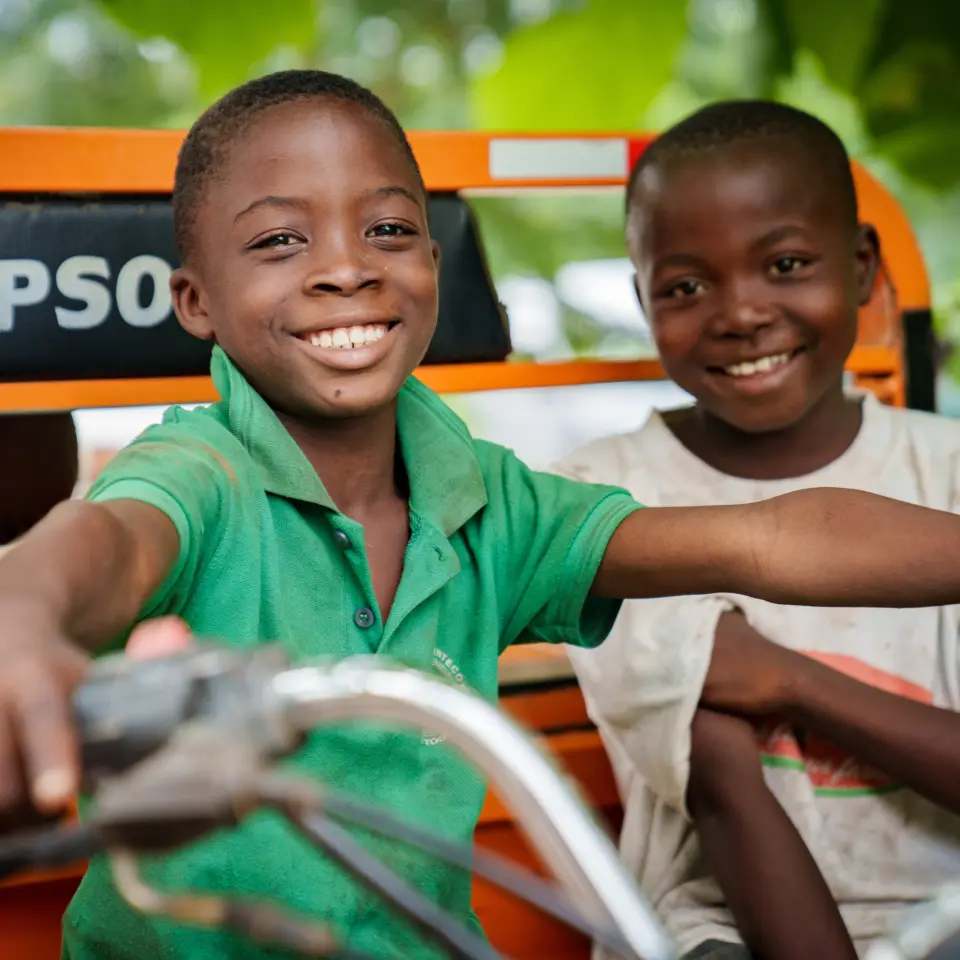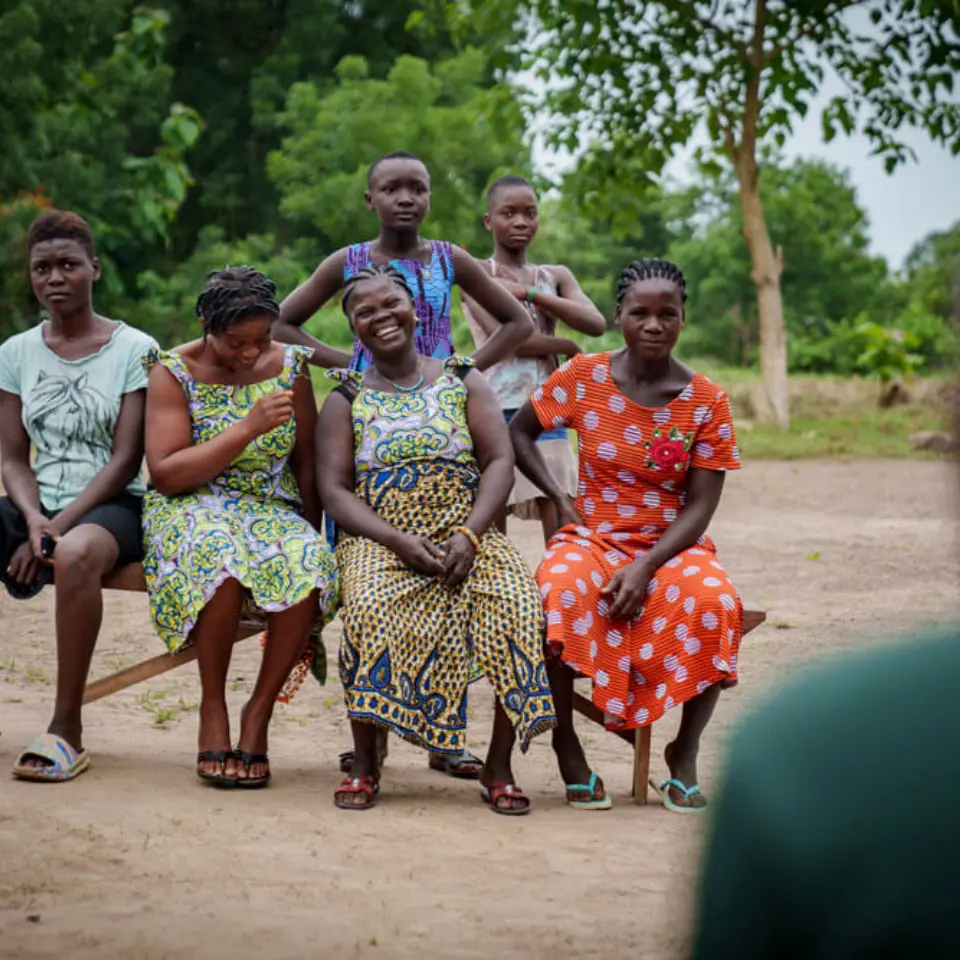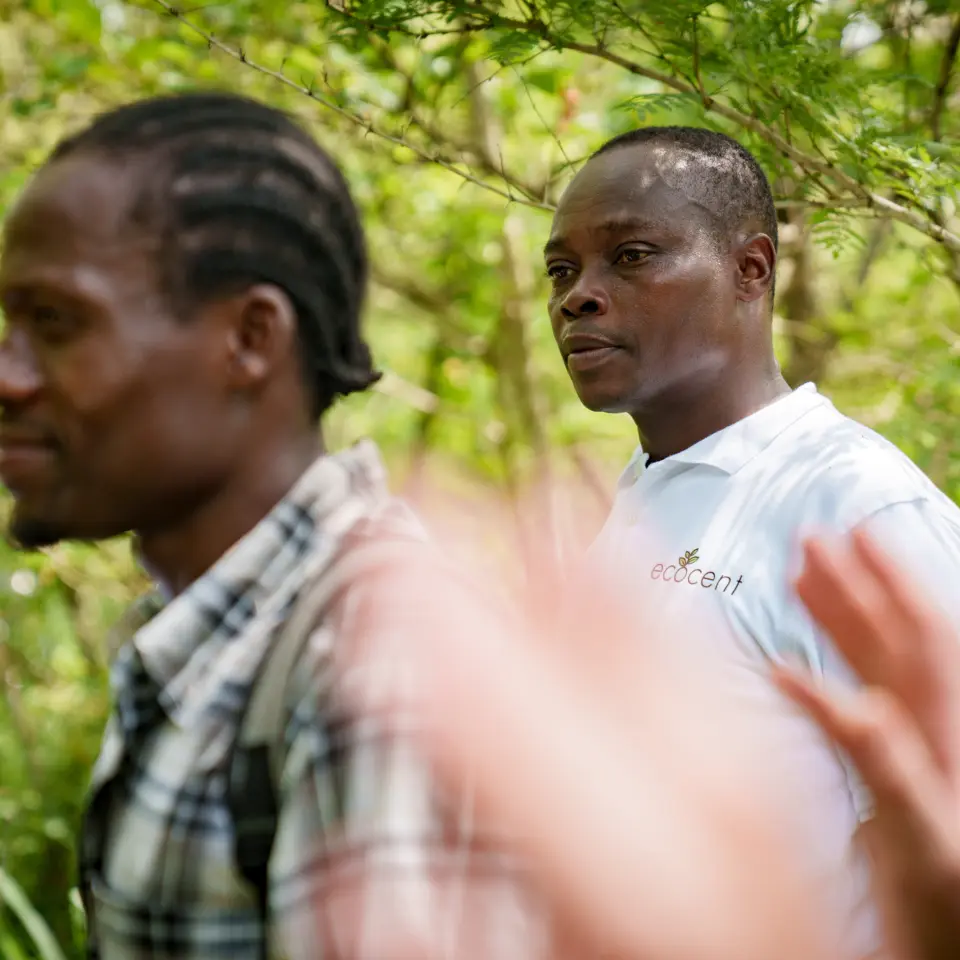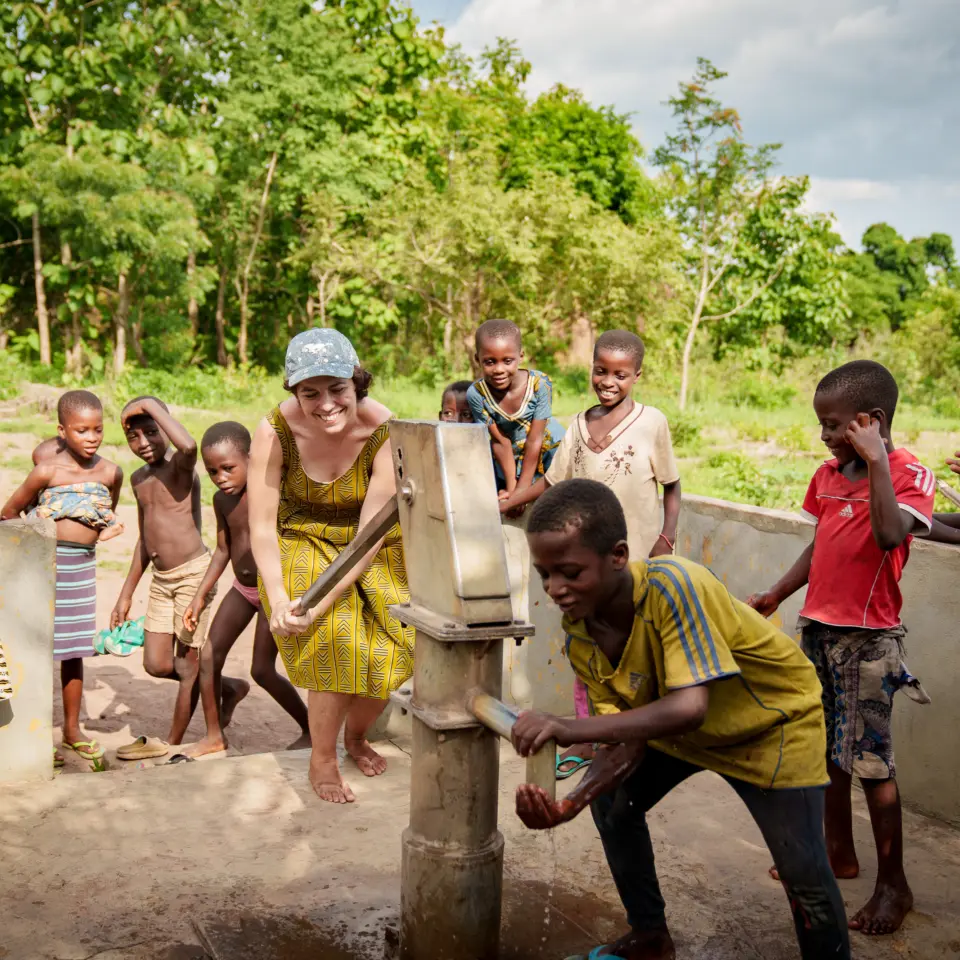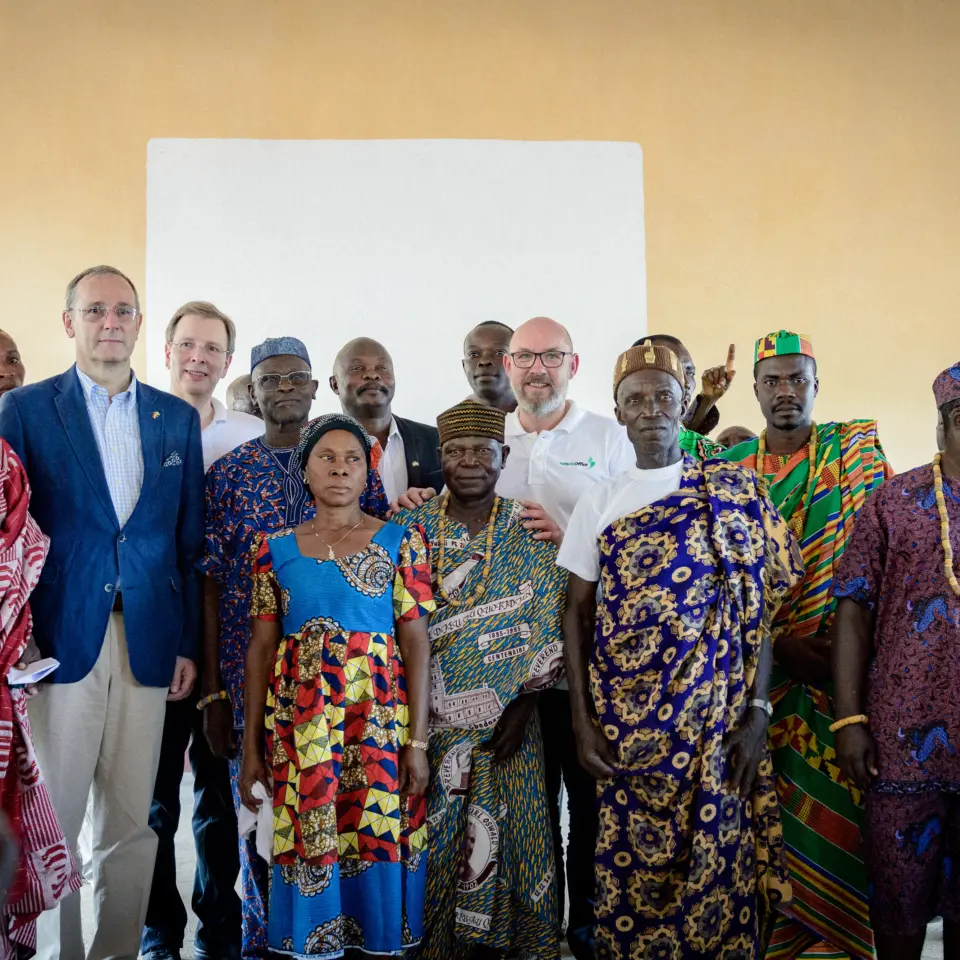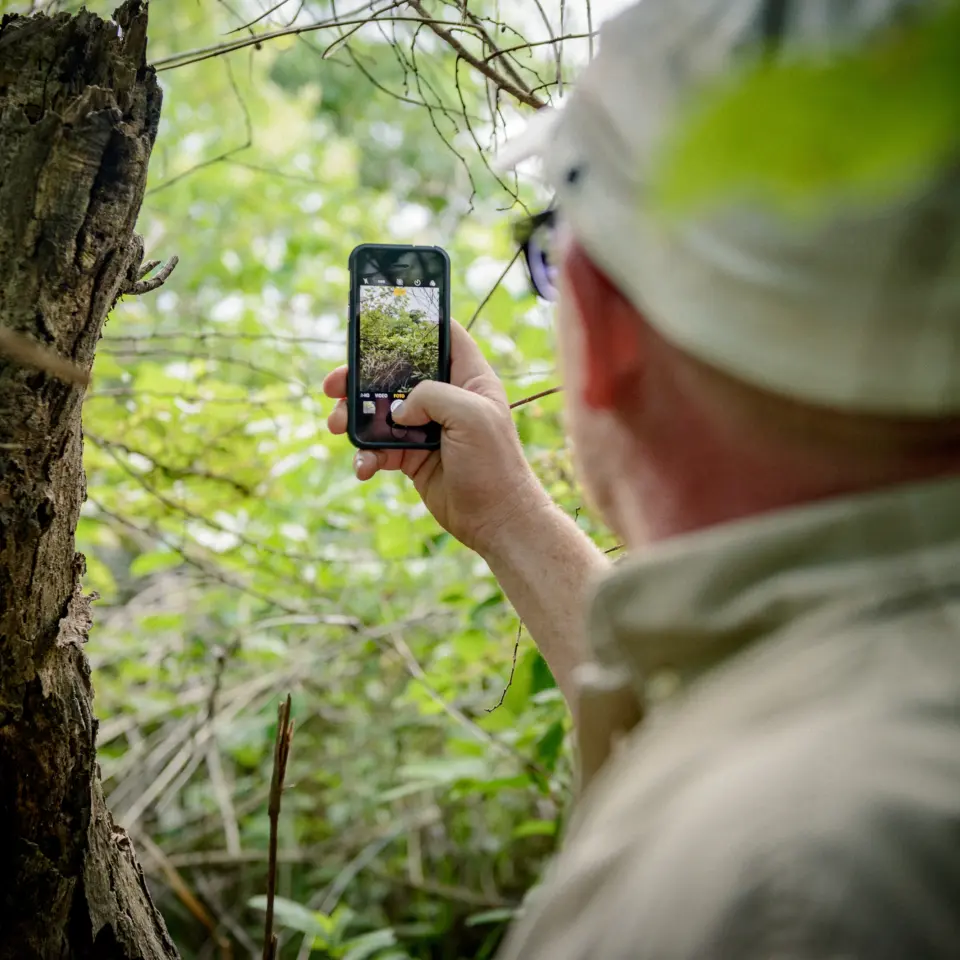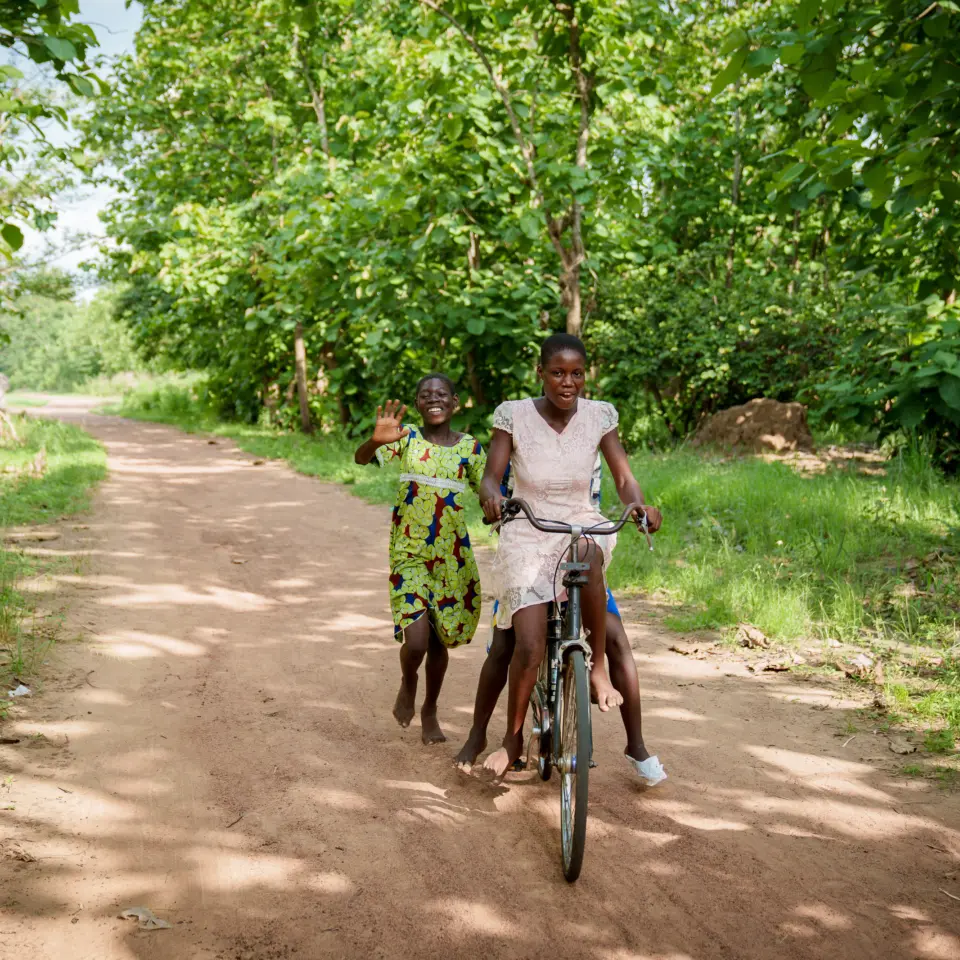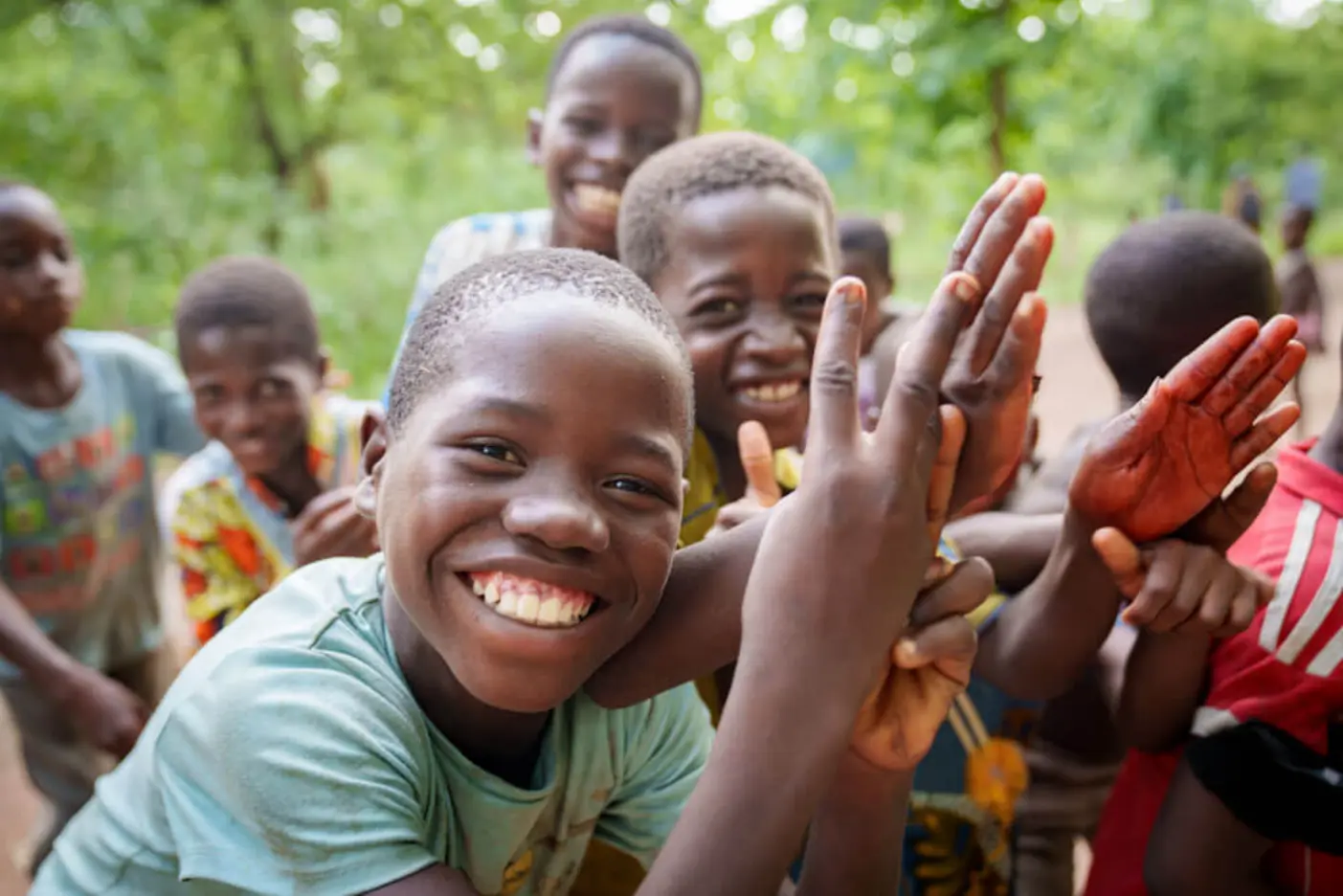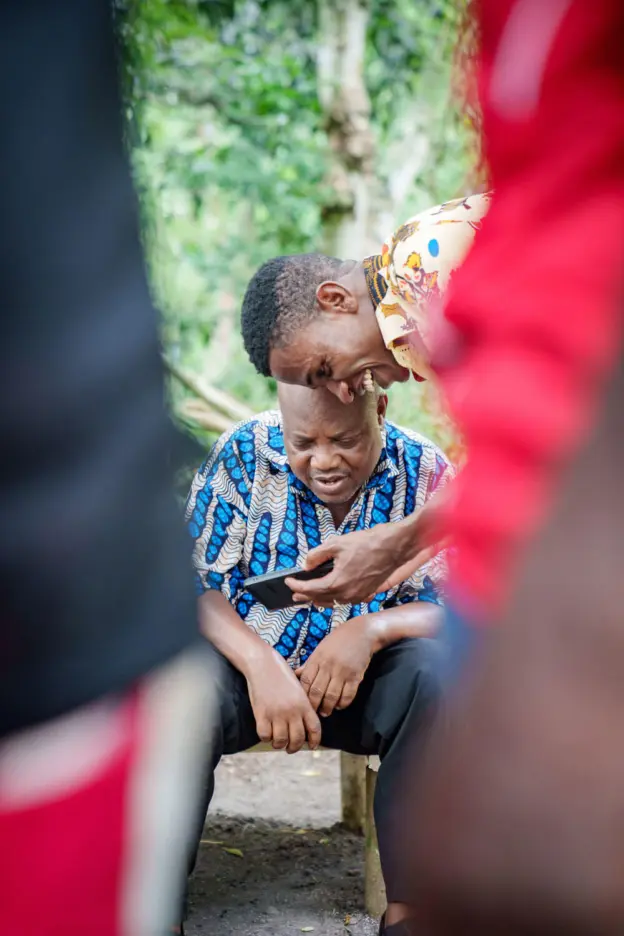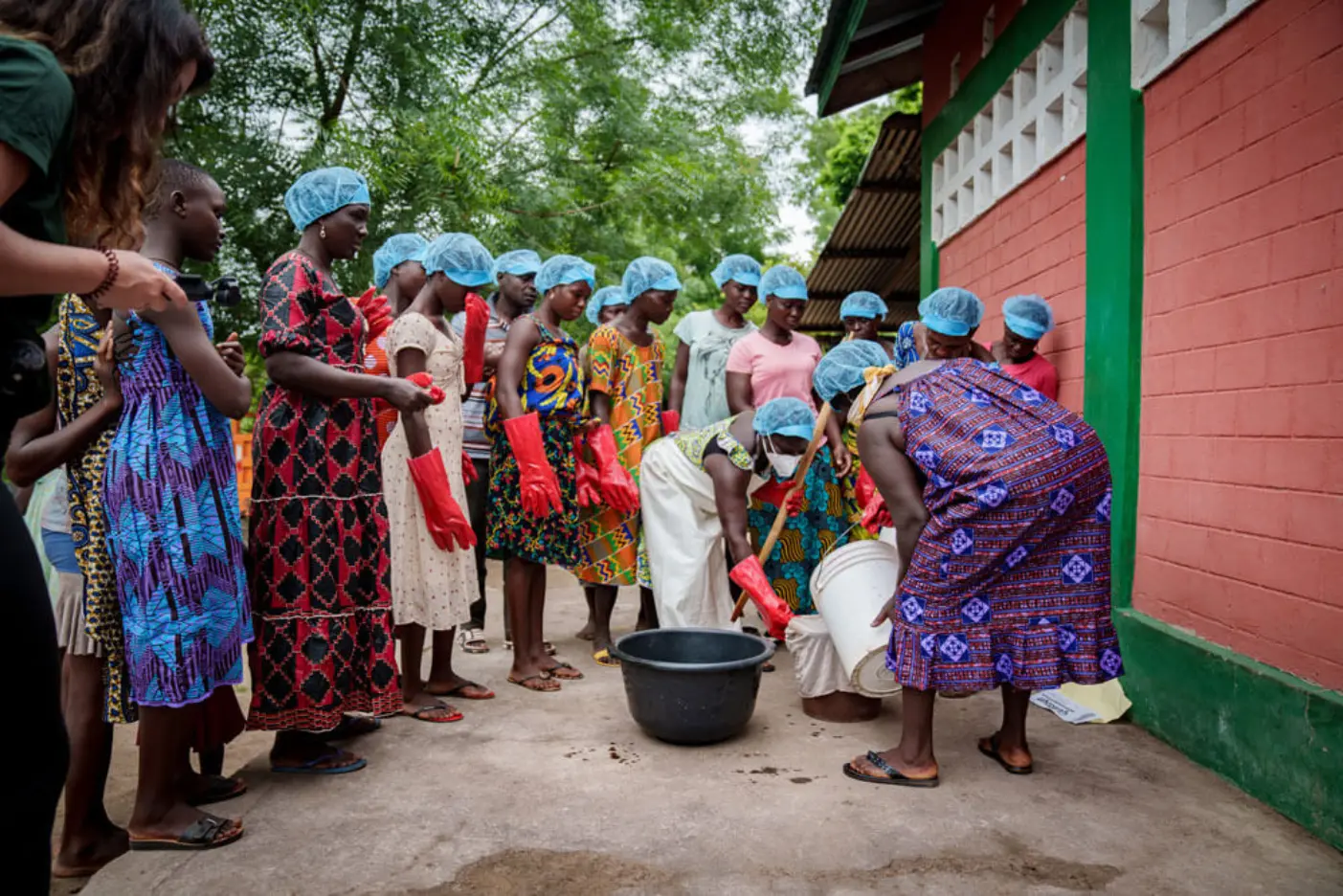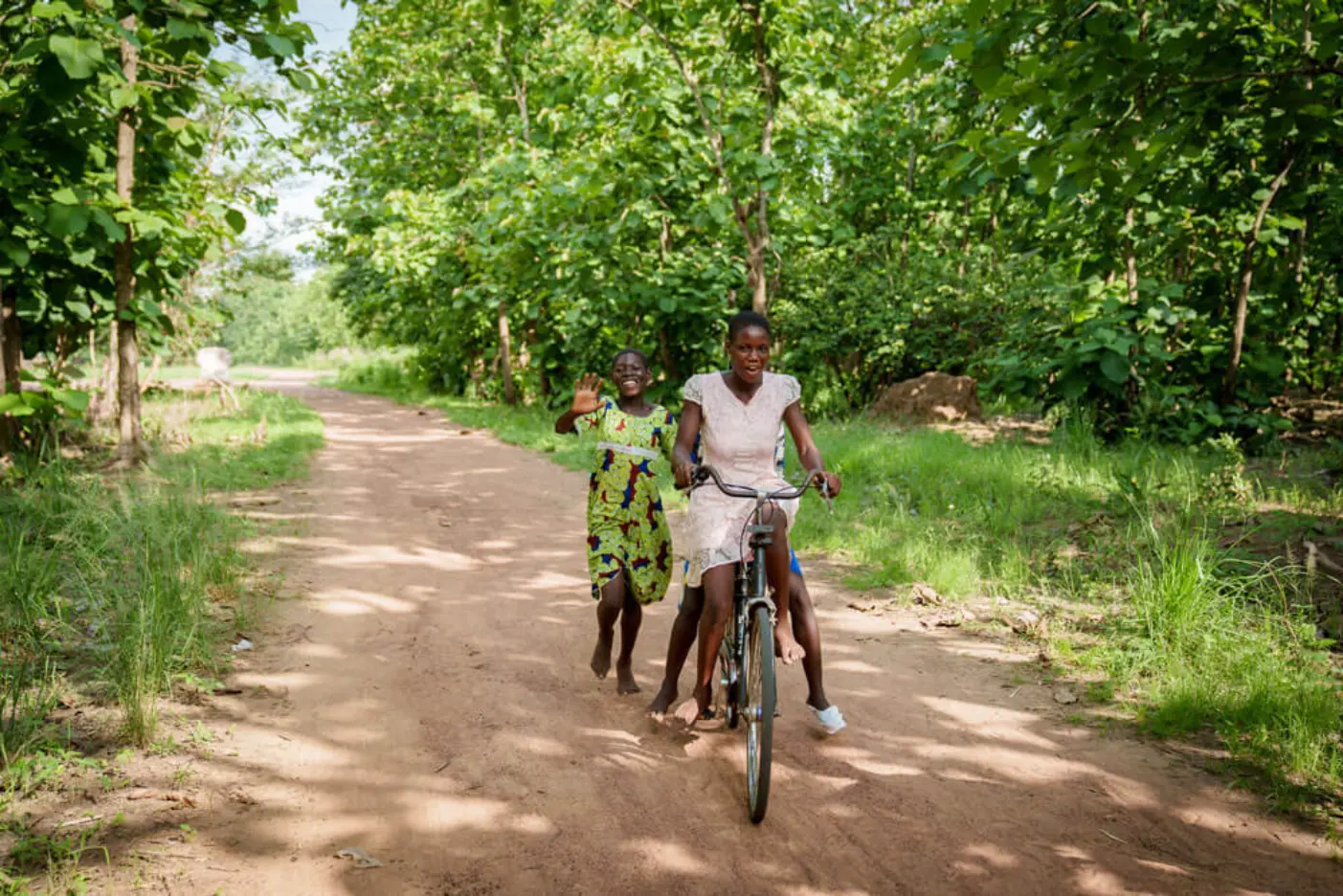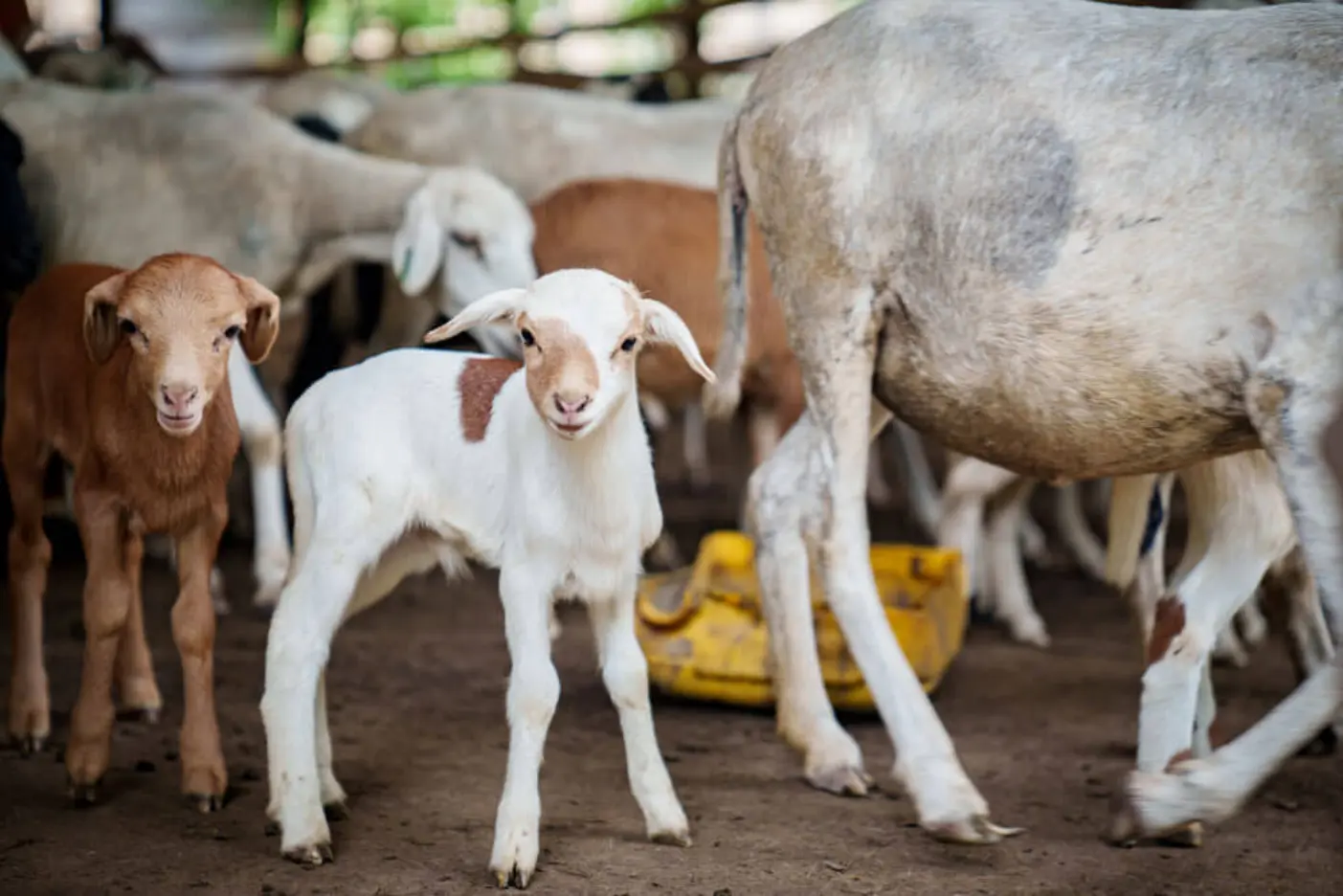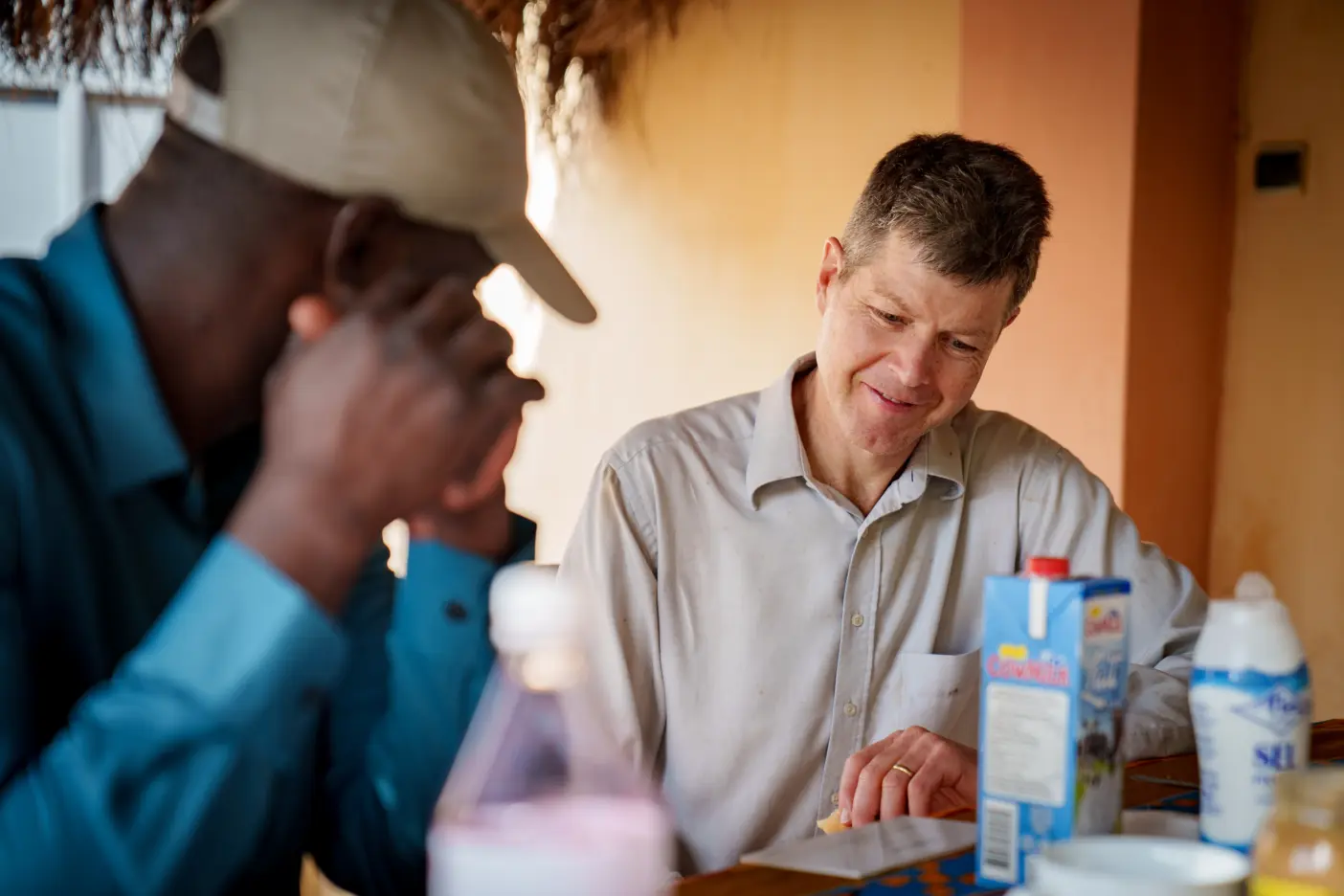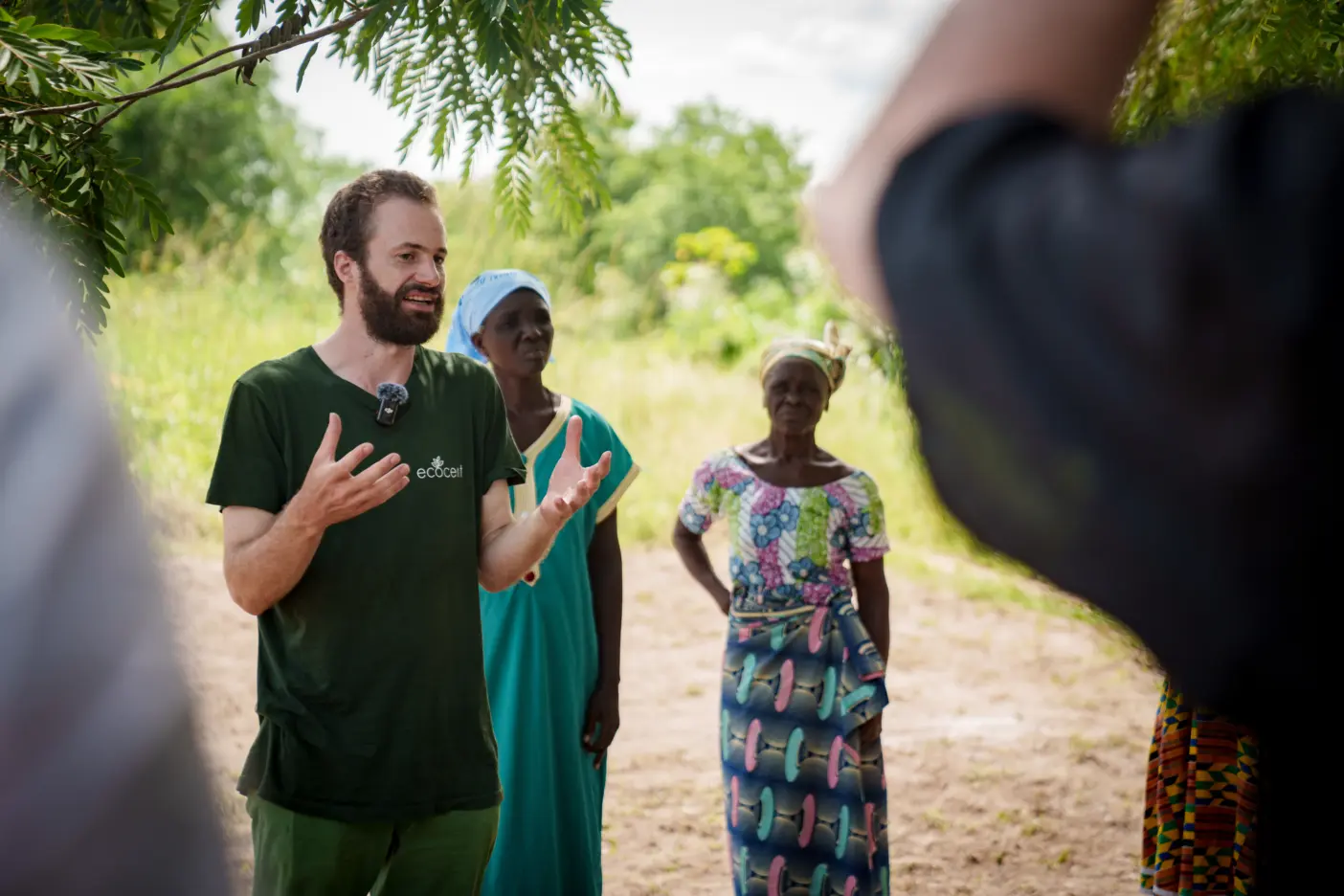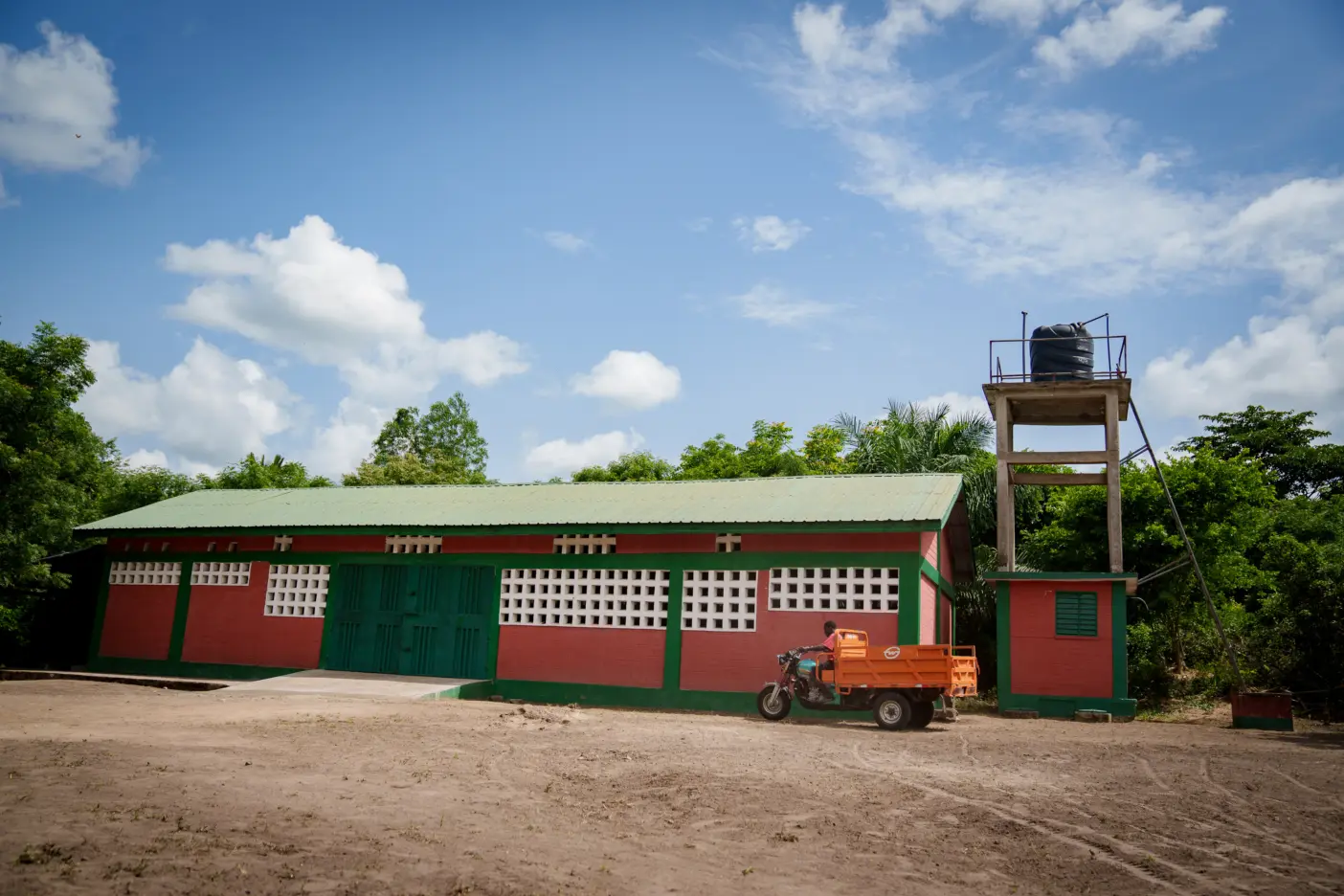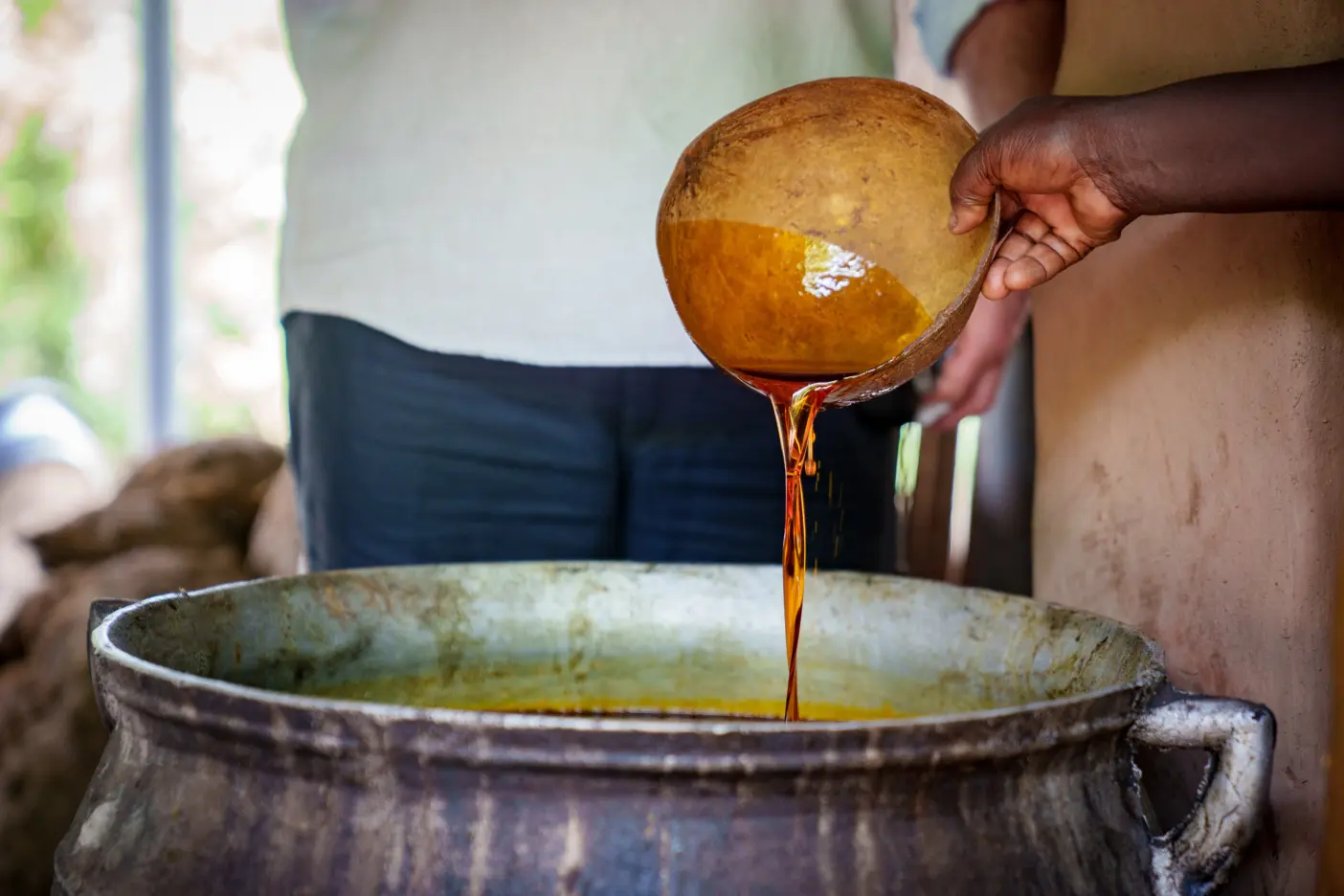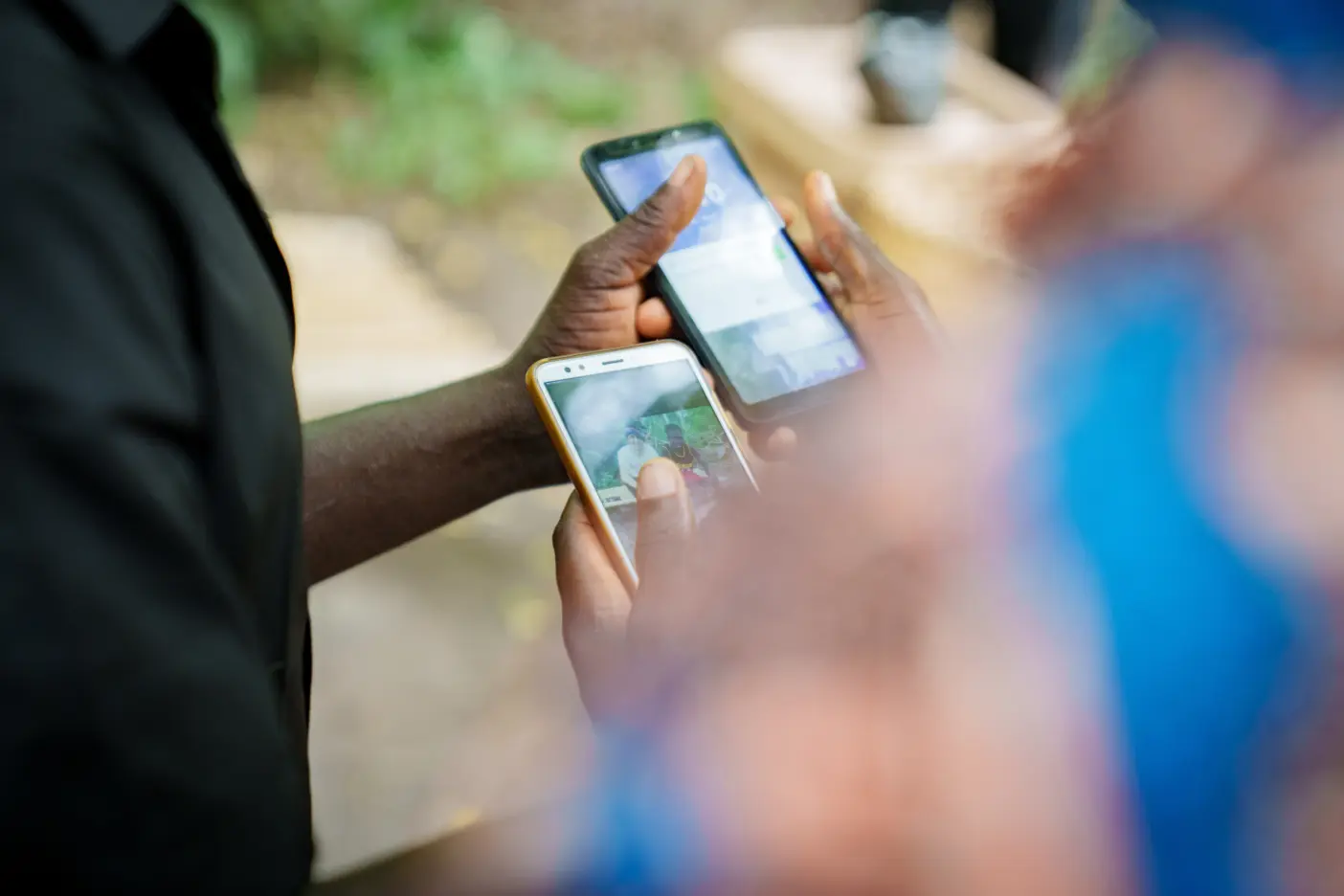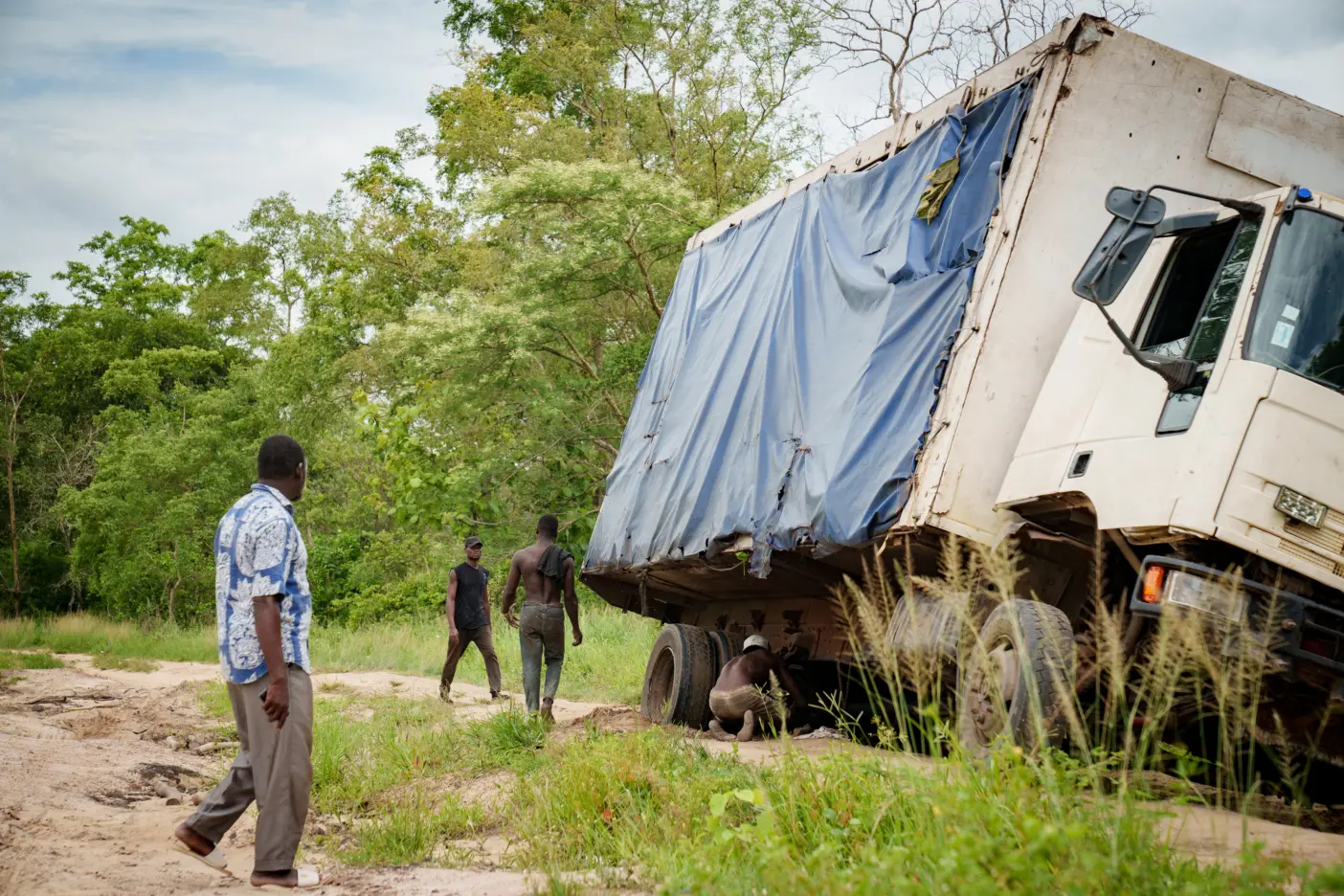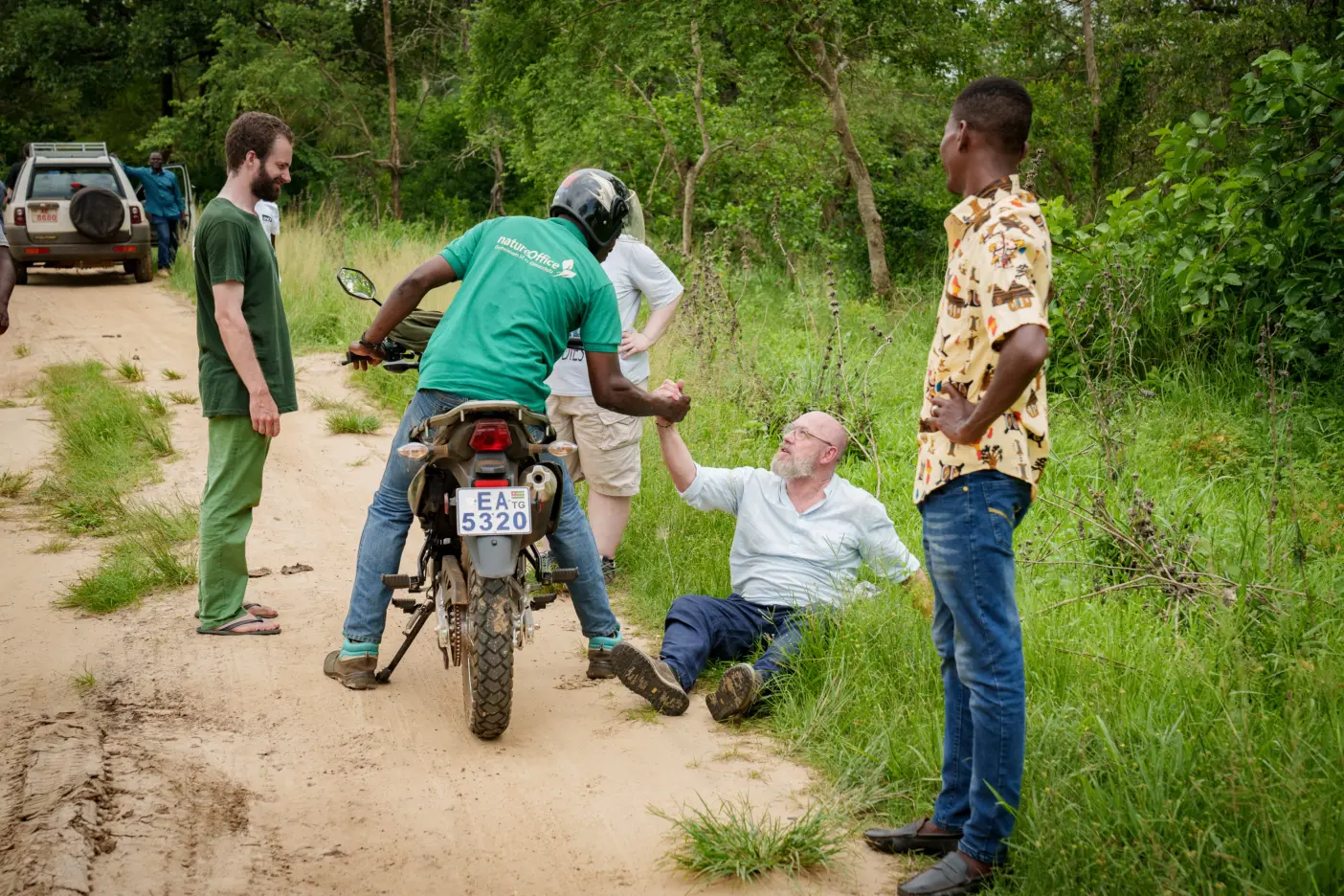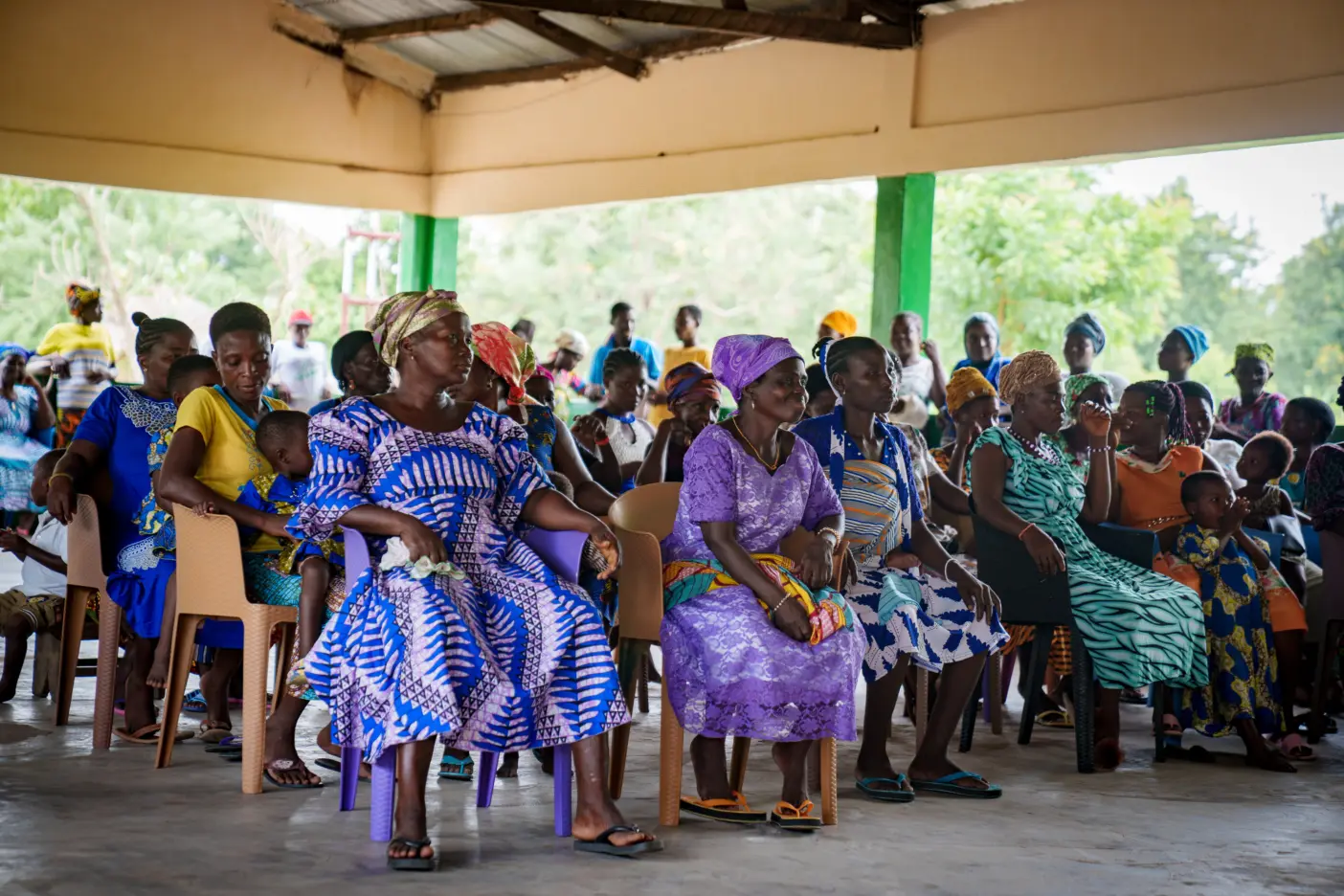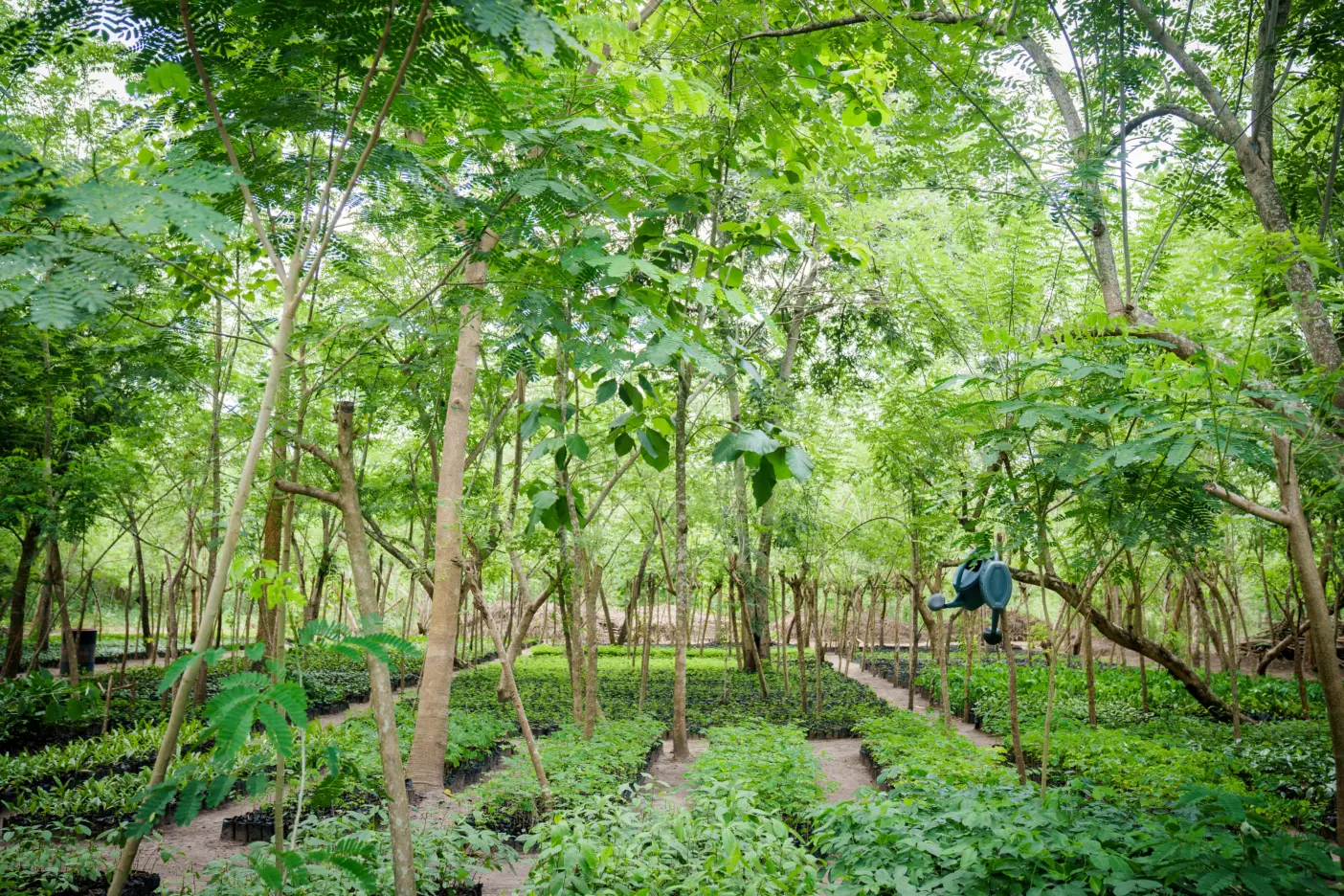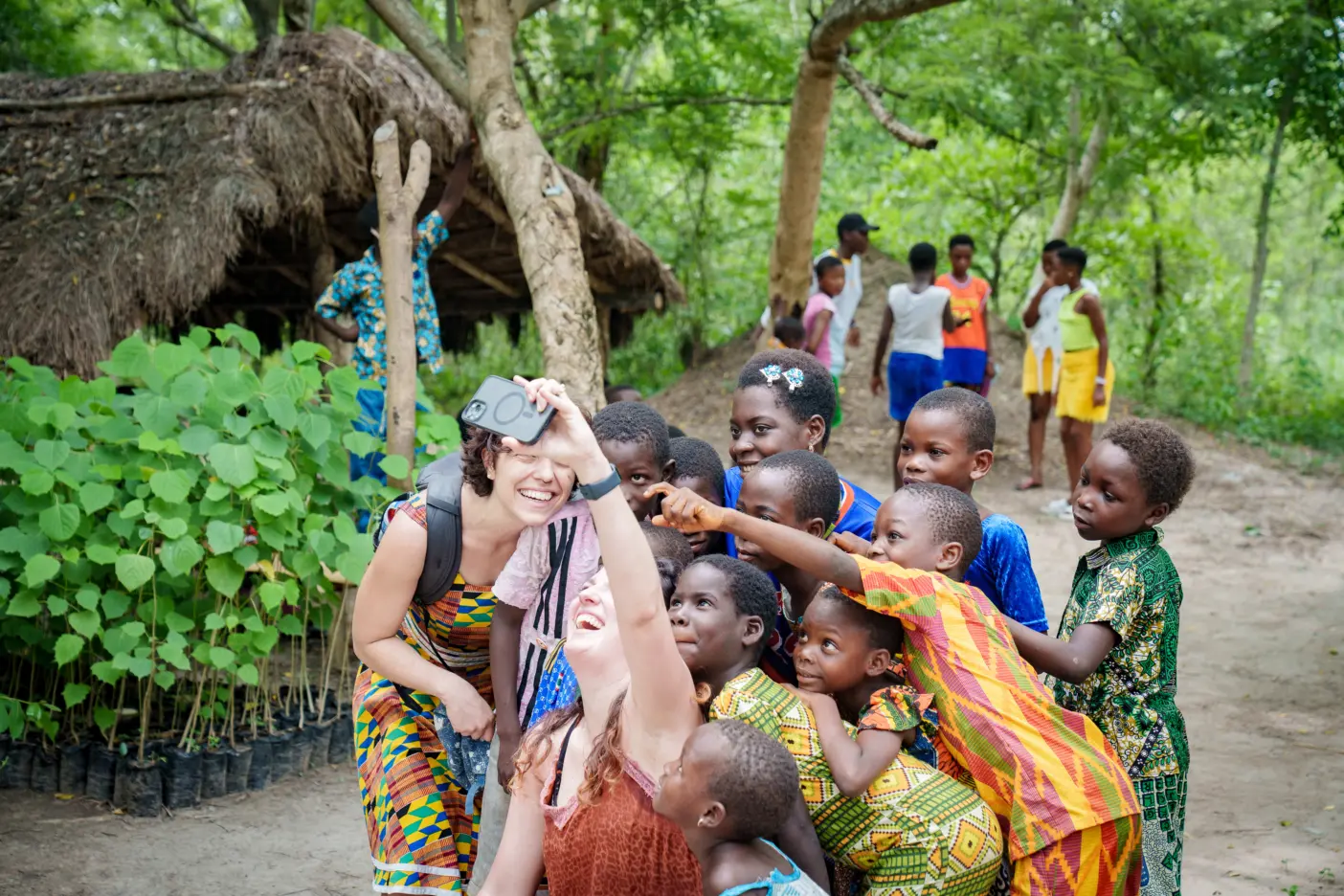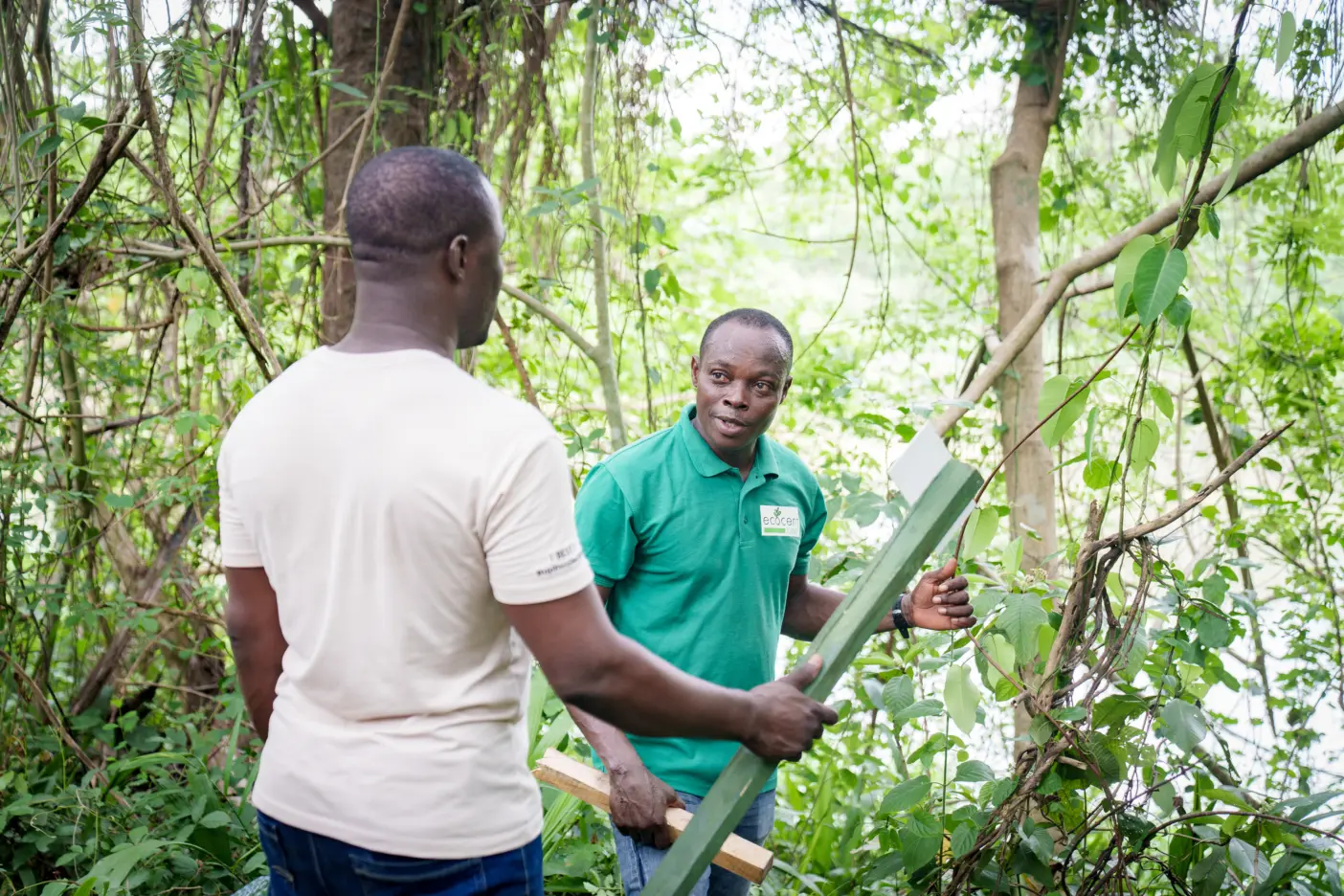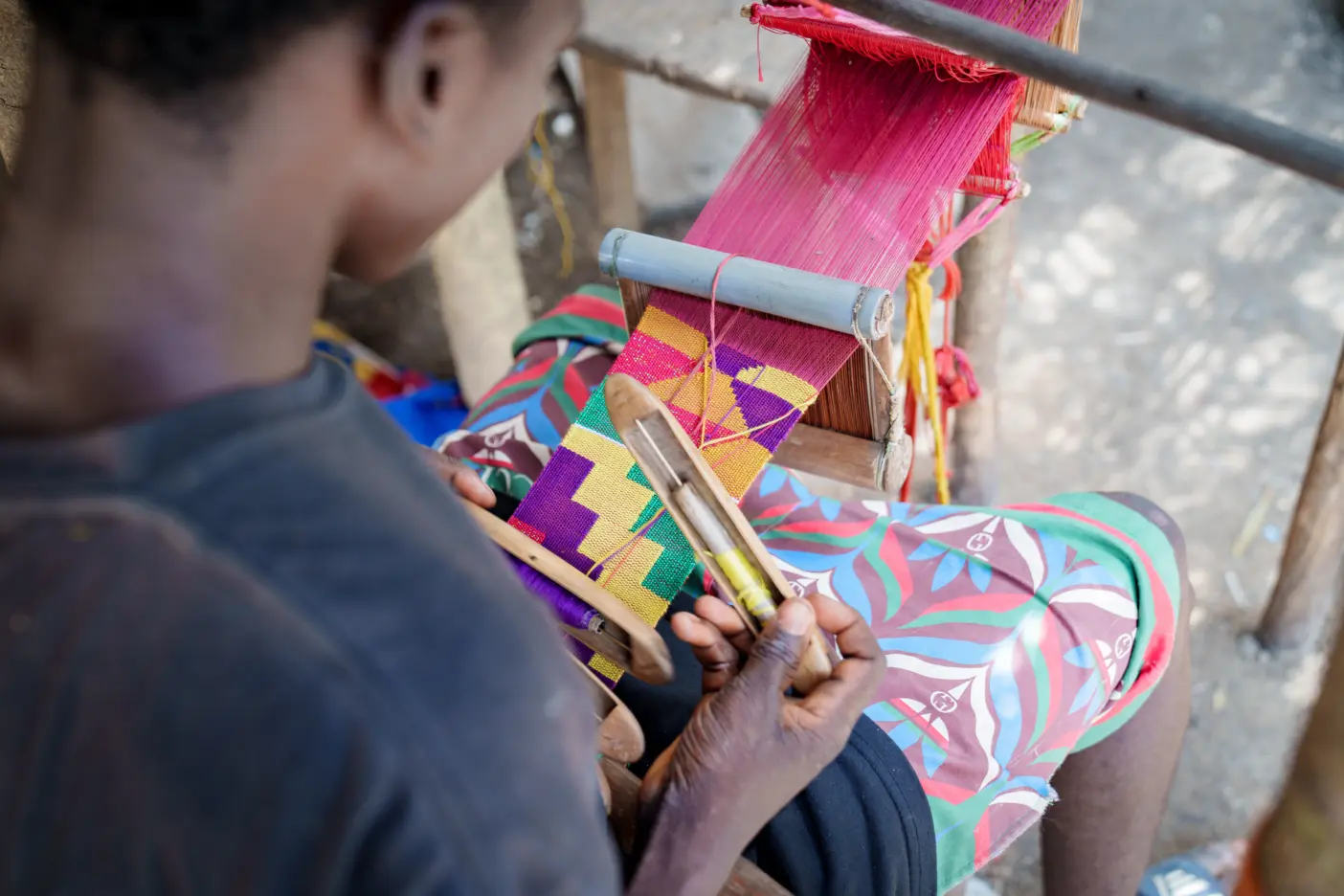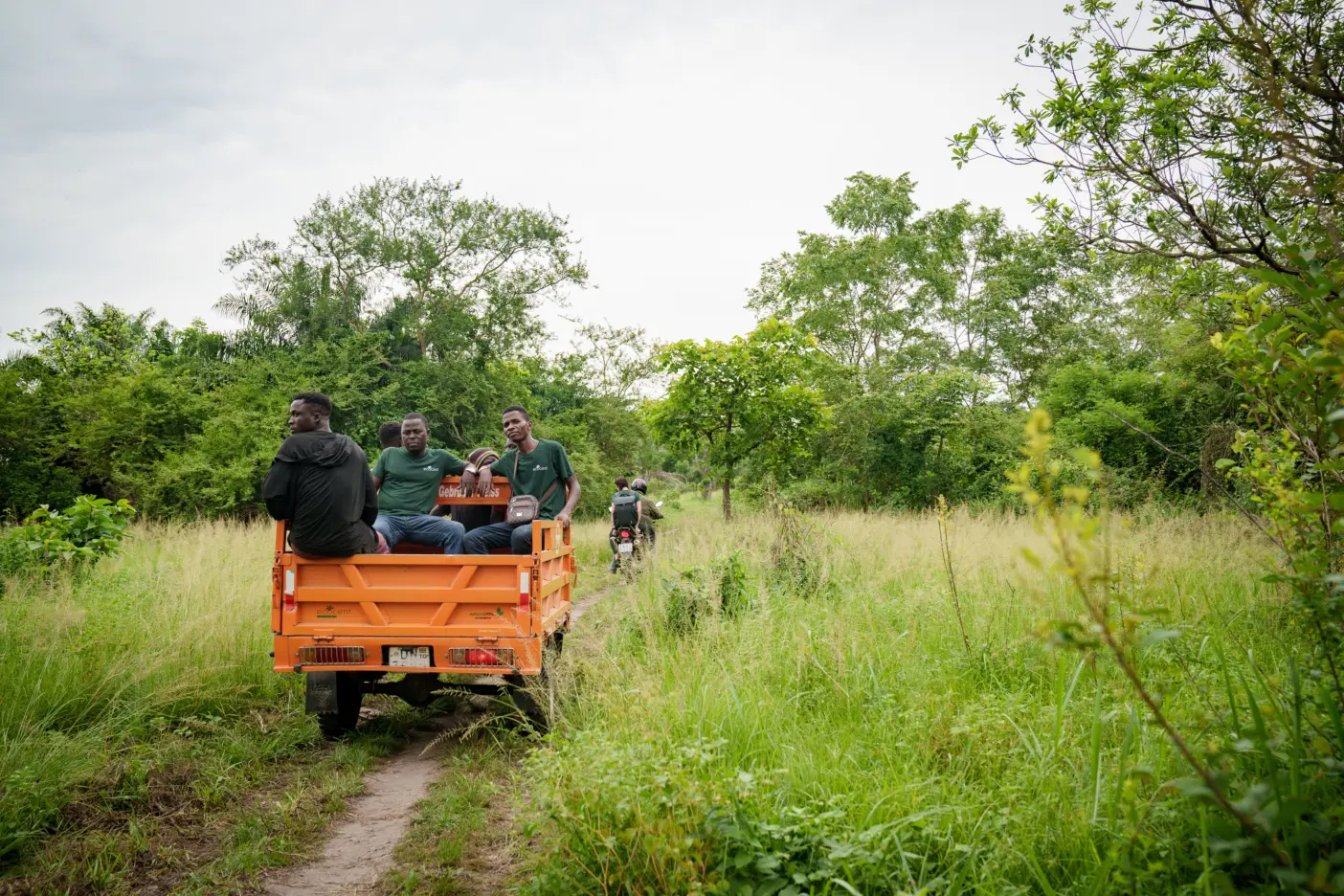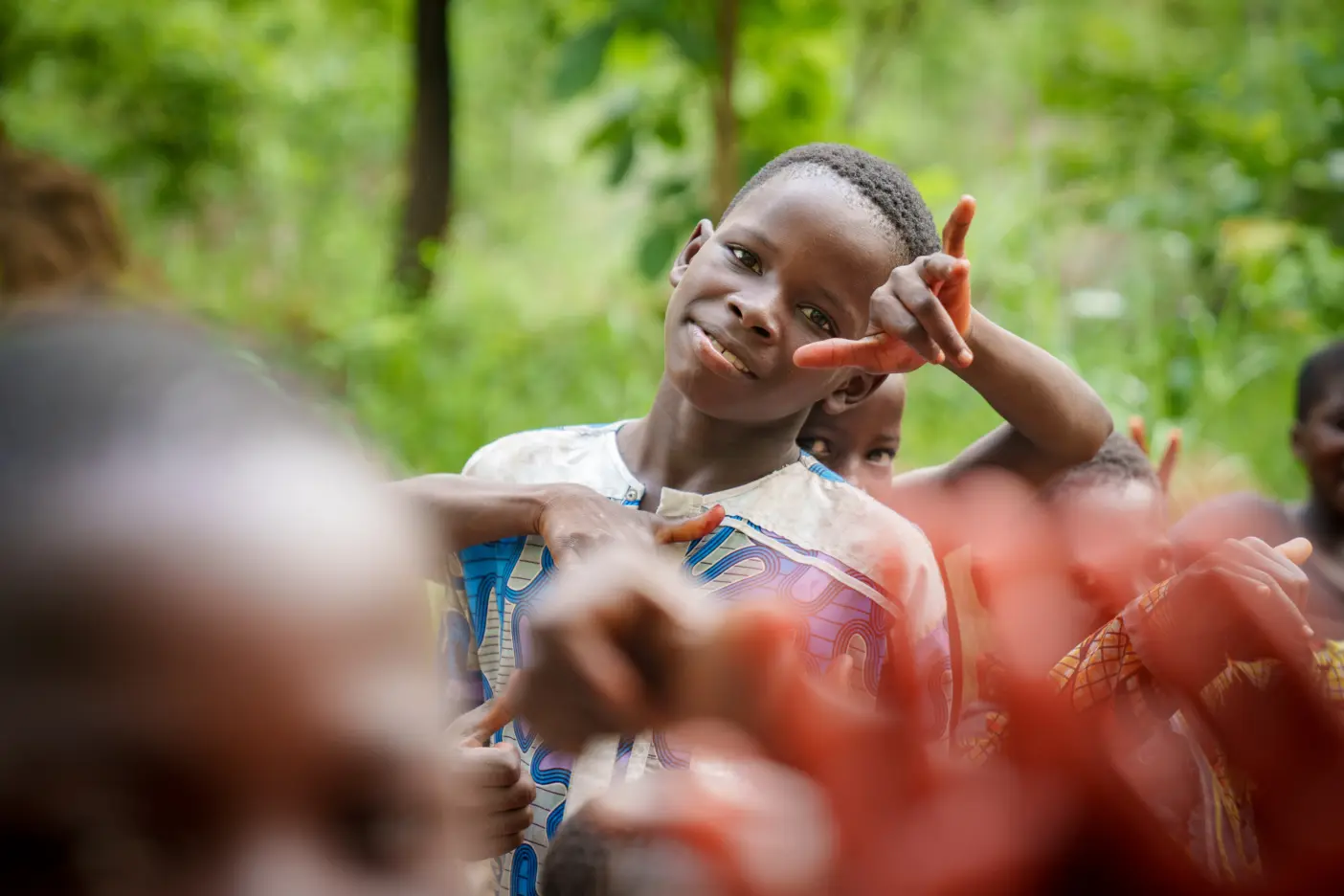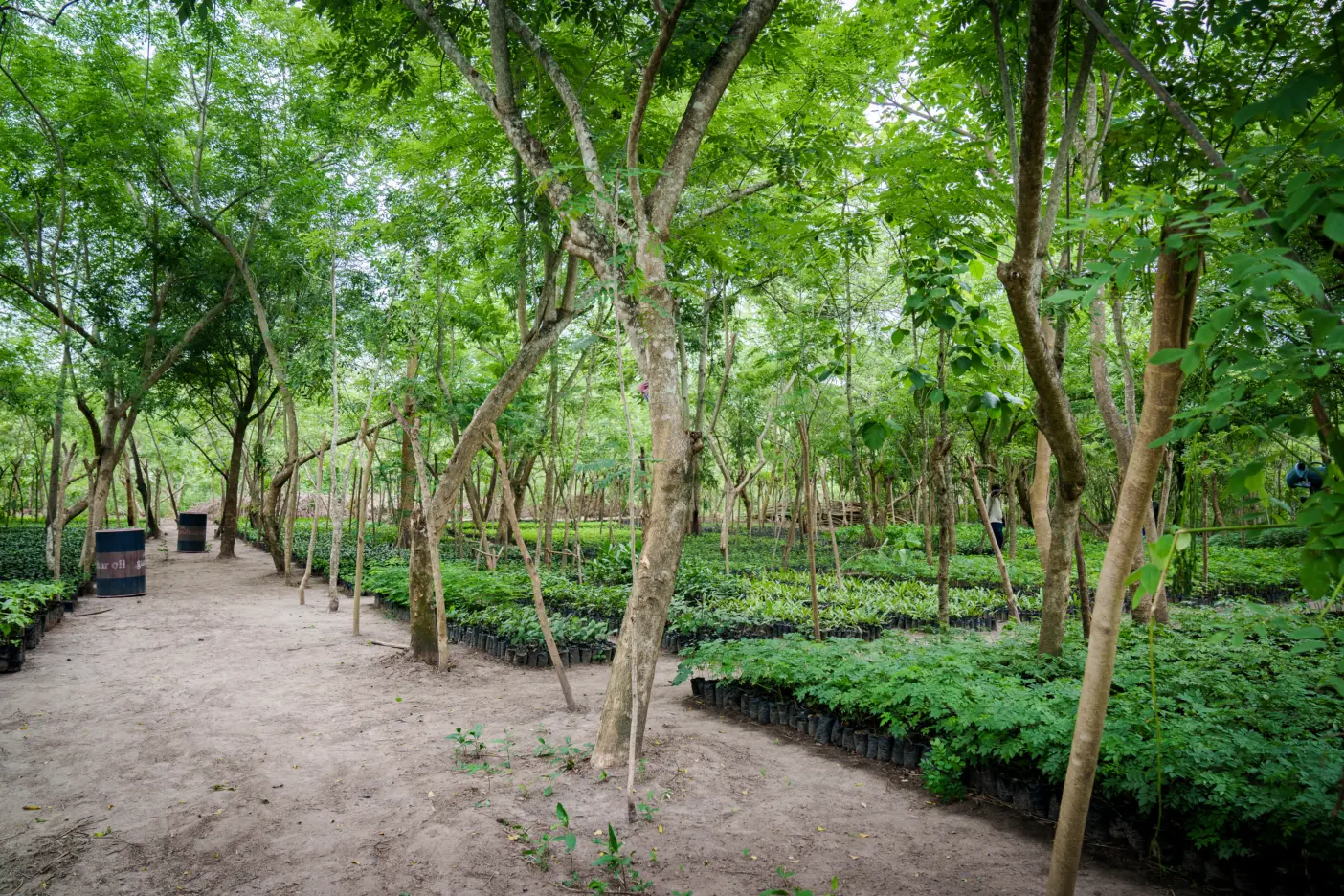Holistic Climate Action:
From Carbon Footprinting to Our Own Forestry Project
Climate action needs substance and transparency. natureOffice supports companies in implementing sustainability honestly and measurably. Our focus is on professional carbon footprinting – from the Corporate Carbon Footprint (CCF) for your entire company to the Product Carbon Footprint (PCF) for individual products. We guide you in creating sound sustainability reports (e.g., according to the VSME standard) and help you anchor your commitment credibly in your sustainability communication.
What sets us apart is the direct connection between consulting and our own project work. With PROJECT TOGO, we operate our own reforestation project according to the Gold Standard, which goes far beyond mere climate protection. For us, “more than just trees” means creating real quality of life on the ground – by building wells and schools and promoting local infrastructure. Whether through the acquisition of carbon credits or the development of individual climate action strategies: We offer solutions that combine ecological responsibility with social impact.
